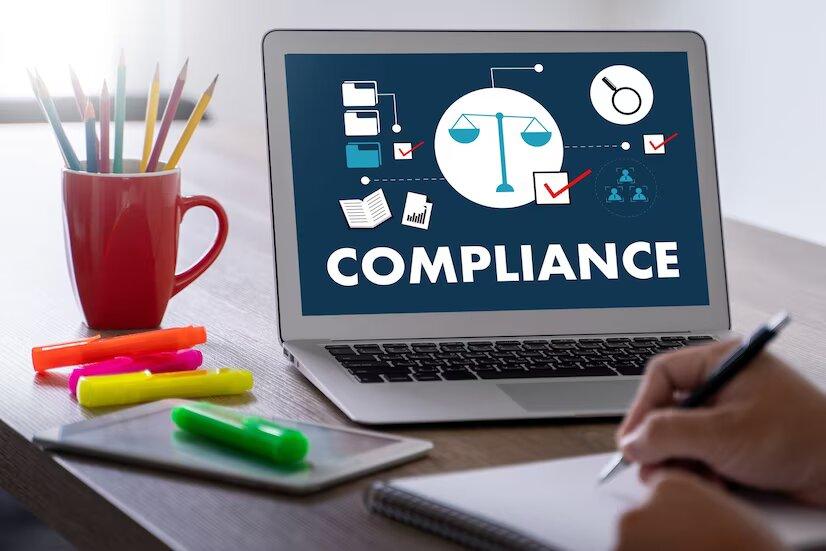
Extended Producer Responsibility (EPR) regulations have been introduced in Germany to encourage manufacturers to take responsibility for the end-of-life management of their products. Manufacturers must register with the relevant authorities and comply with the regulations, including reporting obligations and financial contributions toward managing waste.
EPR registration is mandatory for certain types of German manufacturers. The obligation to register depends on the product category and sales volumes. Manufacturers of certain products, such as packaging, electrical and electronic equipment, batteries, and vehicles, must register. Manufacturers should consult the relevant authorities to determine their obligations. Below, we will provide a step-by-step guide on the EPR registration process for German manufacturers.
Step 1: Determine EPR Obligations
The first step for manufacturers is determining whether they must register under the EPR regulations. Manufacturers of certain products, such as packaging, electrical and electronic equipment, batteries, and vehicles, must register. The registration obligation depends on the product category and sales volumes, and manufacturers should consult the relevant authorities to determine their duties.
Step 2: Choose A Compliance Scheme

Once a manufacturer has determined their EPR obligations, they must choose a compliance scheme. The government authorizes compliance schemes to manage the waste generated by obligated products. Manufacturers can choose from various compliance schemes, depending on their product category and sales volumes.
Step 3: Provide Information
Manufacturers must provide information about their products, sales volumes, and recycling targets to their chosen compliance scheme. The compliance scheme will use this information to calculate the financial contributions manufacturers must make toward managing waste. Manufacturers must provide accurate and complete information to calculate their financial obligations correctly.
Step 4: Submit The Registration Form
Manufacturers must submit a registration form to the relevant authorities, which includes information about their products, sales volumes, and chosen compliance scheme. The registration form must be submitted before the manufacturer begins placing products on the market. The form must be submitted in the required format and include all the required information. Manufacturers must ensure that they meet the deadline for registration, as failure to register can result in fines and penalties.
Step 5: Compliance And Reporting
Once registered, manufacturers must comply with the reporting obligations set out in the regulations. This includes reporting on sales volumes, recycling targets, and financial contributions. Manufacturers must report accurately and on time to avoid fines and penalties.
Step 6: Review And Renewal
Manufacturers must review their EPR obligations periodically to ensure they remain compliant with the regulations. This includes reviewing their product categories, sales volumes, and compliance scheme. Manufacturers must renew their registration before expiration to avoid fines and penalties.
Final Thoughts
The EPR registration process for German manufacturers is a critical step towards meeting their obligations under the regulations. Manufacturers must provide accurate and complete information, choose an appropriate compliance scheme, and comply with reporting obligations. Failure to abide by the regulations can result in fines and penalties. Manufacturers should consult with the relevant authorities and compliance schemes to ensure they meet their obligations and responsibly manage their waste.
Read Also:




























